The Crafting Of A Card Game: Lords of War Part II
October 18, 2013 by crew
As anyone who makes games will know, experimentation is the key.
When I say that, what I mean is that while your judgement and personal taste will guide you, a lot of what drives you on will be trial and error. Time and again I have had ideas for mechanics that I think will be fun, but once played they just aren’t right. And that’s why you play test.
The best thing about working with Nick on Lords of War from day one was that he had done a lot of the heavy lifting. The core mechanic was solid – all I needed to do was take that solid foundation and build on it.
When I was on the train back up from Worthing after our first meeting, I already had my notebook out. I was drawing card combinations with wild range attack arrows, defence values, and special mechanics, experimenting in a really ‘free’ way. I wanted to try everything, to see how far I could push the core mechanic – and it turned out I could push it pretty far!
Once I got home, tucked safely away in my Man Cave in the Tottenham flat I shared with my now-wife, I unceremoniously booted her off of my computer and got to work. She was less than amused, but I needed to build new card templates and start innovating!
The idea of creating Lords of War decks with a free-rein, able to use whichever themes I liked, was truly liberating. All I was interested in was the mechanic, and pushing it. I worked into the middle of the night, printing out cards and cutting them up, drawing on them with coloured pens and pencils, playing games against myself.
I eventually crashed out at around 4am, and when I woke up I carried on.
Dnyan, the aforementioned long-suffering lady-partner, has to deal with a lot of this sort of thing. Thankfully she is a gamer, and so when the time came to test Lords of War with her she was more than up for it.
We started off testing Nick’s prototype, and then we started playing with the wild and crazy cards I had been building. There were now huge war machines in the game, spell-casting units, aerial bombers and dragons. There were units which could only be hit by other special units, others which could move. Some units could teleport or swap places. Others were ethereal, or burrowing.
It was too much.
Dnyan delicately informed me that I had broken the mechanic. Some of the madness I had injected had pushed it too far – the game needed stricter structures and rules. Moreover, gamers needed to be able to pick it up in moments, not hours.
Internally, I felt disappointed. I could see that I was close to the mix of madness and structure, but it had been 24 hours or so of frantic design and I was burned out. So I called Nick.
Now, Dnyan was pretty annoyed with me after this phone call, because it lasted for over five hours. I enthusiastically spent that time regaling Nick with all the different ideas I had integrated into the game, of status effects you could now cast on cards, of buffs, of the aforementioned war machines… Nick listened quietly, and then came the backlash!
It wasn’t his Lords of War any more. His clean, simple, war gaming system had been made messy. We didn’t argue about it per se, but we debated – passionately and at length. His response was understandable, especially as I had messed with his baby.
This kind of phone call took place almost every night, for months. Now, in October 2013, we’ve got it down to an average of 40 minutes or so each evening, which Dnyan has named my ‘booty call’. She calls Nick my ‘other wife’, and I imagine Brenda, Nick’s wife, has similar nicknames for me! Anyway, needless to say I spent the following days peeling back the mechanics and whittling them down to something simpler.
Particular builds were sliced off and designated ‘World War 2’ or ‘Science Fiction’. Themes and ideas began to develop and clump together, but nothing felt solid yet. Furthermore, at that point in time, I was working on a series of spec screenplays which had won some competitions with the BBC. My writing partner and I had a sitcom and a supernatural detective series which had both attracted some attention, and it looked like our shows had been green-lit.
I had too much on, and wasn’t thinking straight.
When I went to visit Nick again the following weekend, we concluded that I had ‘ruined the game’. We laughed about it, but the truth was that I had snapped something in the mechanic.
We concluded that copies of the Lords of War prototype Nick had made needed to be sent out to brokers in the US and to publishers around the UK. Copies went to Fantasy Flight, The Upper Deck, Topps and Hasbro. As the weeks went on, we didn’t hear anything. We called, asked to speak to whoever was in charge of submissions, but we kept hitting brick walls.
“Think about it like this,” Nick would say. “There are some big boys in this business, and they don’t want us elbowing through. After all, we why should they see us as allies? We are their competition!”
As time wore on, Nick and I took his Lords of War prototypes to gaming club nights, game shows and dinner parties. We took in feedback, but all my crazy mechanics ended up languishing in my ideas box.
The scripts fizzled out at the BBC – at one moment it looked like our supernatural detective project was going to be developed by BBC Wales, that we were down to a final two. They opted to spend the money on something else. That something else turned into Sherlock, but they didn’t tell me that. At the time I was crushed. Sky said the same thing – they ended up developing Sinbad.
The sitcom died too, and I entered into a spell of depression. I quit my teaching job and burned out.
During this period, Nick and I contacted a series of War Game manufacturers – Mantic Games, Privateer Press, Mongoose Publishing, Battlefront Miniatures and more, but nobody got back to us.
Those were dark months, but during that time I became part of Black Box Games officially, Creative Director, and we worked on other mechanics and games besides Lords of War. Nick told me to keep the faith, and the nightly phone calls kept me going.
The hope, during this time, was still that we could sell mechanics to other companies, so we continued to email and write letters and call. We didn’t get anywhere at all!
Eventually we received a rejection letter from The Upper Deck, and an acknowledgement email from Ronnie Renton at Mantic Games. He would be happy to meet with us at Salute 2011. And that was where things started to turn around.
Hosted by the South London Warlords, thousands of War Gamers attend Salute each year. We spent the day with clipboards and copies of the game, running guerrilla demos in the cafeteria space. During all our months of gaming nights, we had learned how to survey and conduct market research, and at Salute things really clicked. Gamers loved Lords of War – but they wanted it to be more complex. Not only that, but it was clear that people wanted a fantasy theme over everything else.
The Salute feedback reflected what we had learned over the weeks and months preceding Salute. Fantasy connected with people, and I knew that if the game was to appeal to a wider market than just War Gamers then we needed to soften the war theme somehow. Fantasy could allow us to do this.
Furthermore, Mantic Games at that time were yet to launch Warpath or Dreadball. They only made Kings of War, a fantasy-themed system, and that suited us down to the ground.
Mantic had a licensed property, with characters and some lore. And we wanted those things. And when we met with Ronnie, he loved the game. He wanted it for Mantic.
He even invited us up to meet him at Mantic HQ. We were overjoyed. We were finally in business! And yet, we weren’t. We still had a long way to go.
Martin Vaux
Creative Director Black Box Games
If you would like to write an article for Beasts of War then contact me at [email protected]
Supported by (Turn Off)
Supported by (Turn Off)
Supported by (Turn Off)





























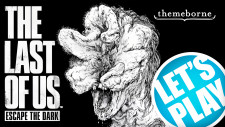

![TerrainFest 2024 Begins! Build Terrain With OnTableTop & Win A £300 Prize! [Extended!]](https://images.beastsofwar.com/2024/10/TerrainFEST-2024-Social-Media-Post-Square-225-127.jpg)
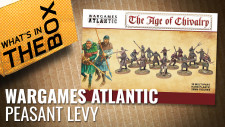
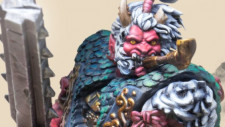
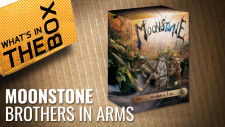

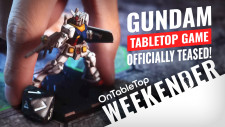














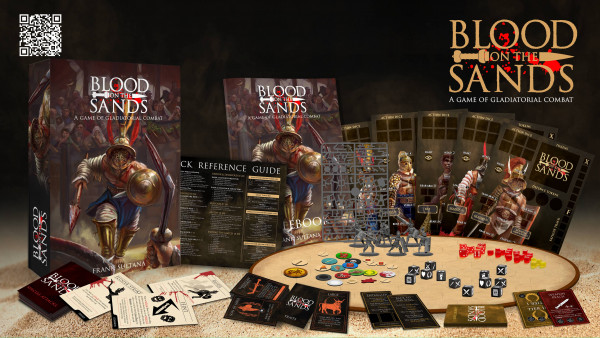
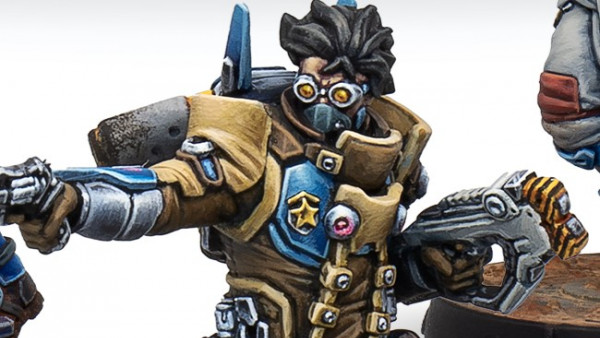
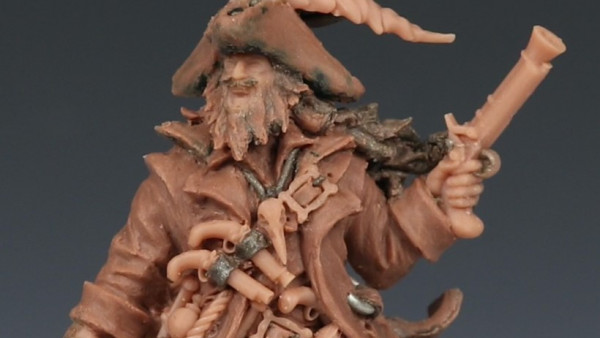
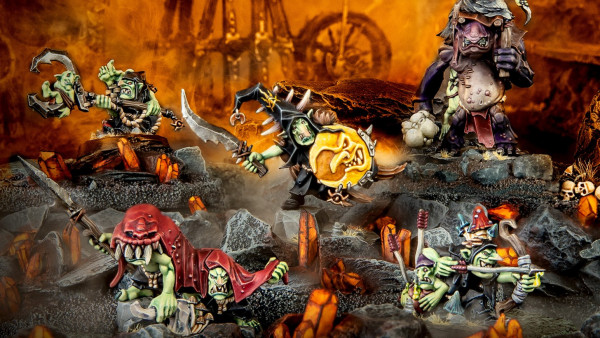
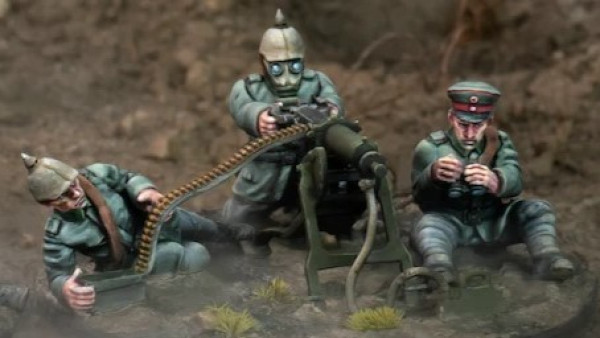
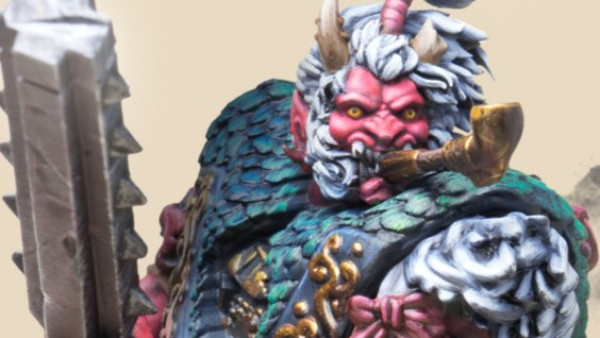
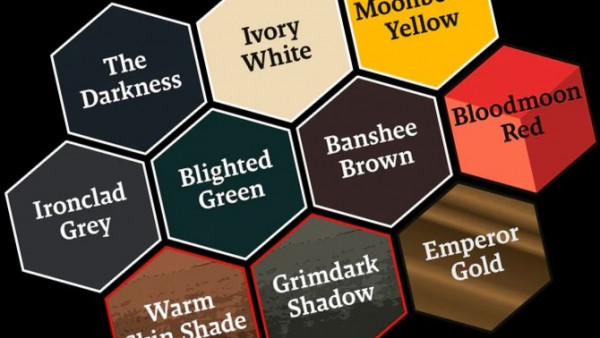
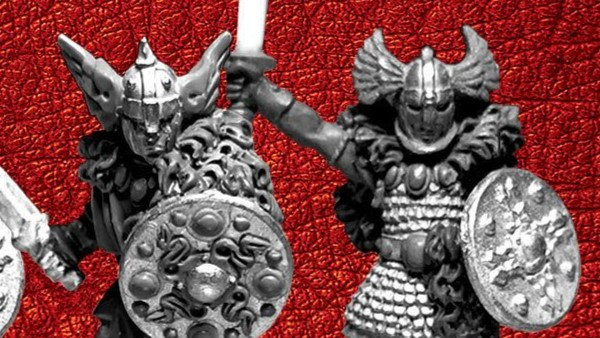
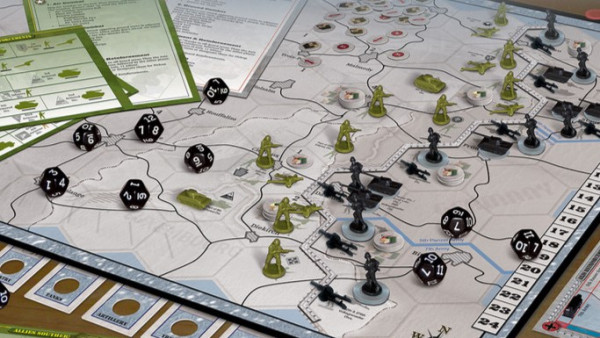
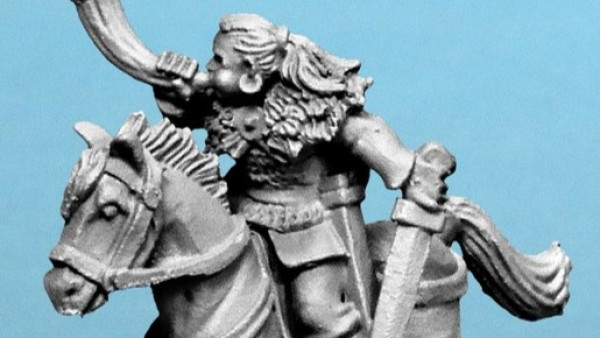









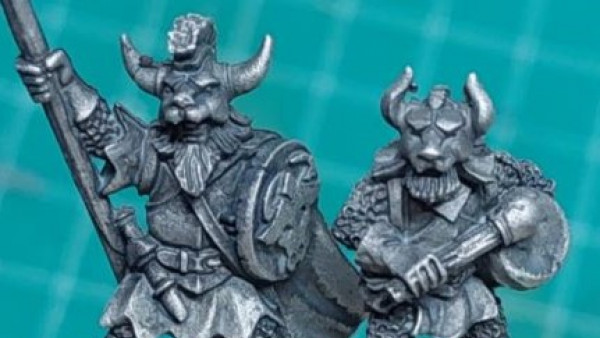
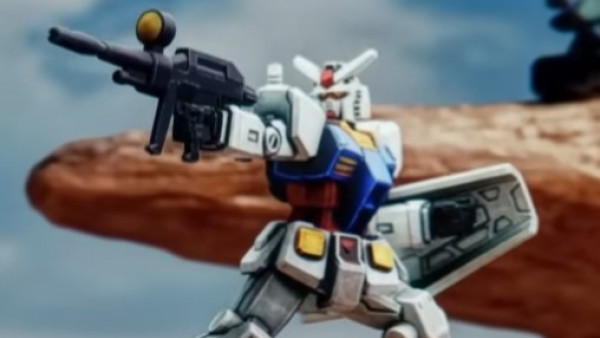
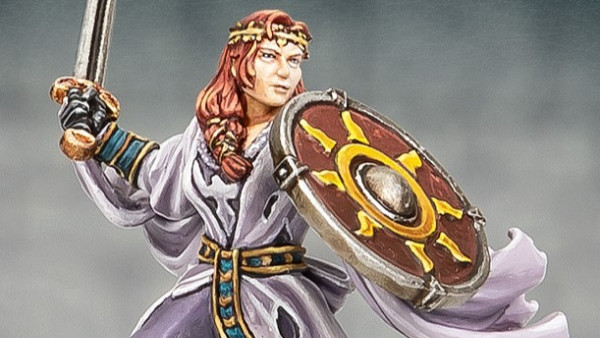
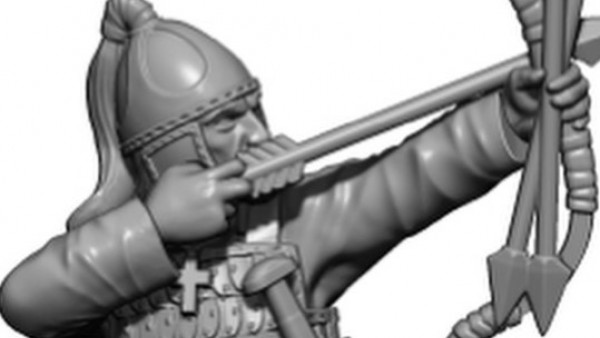
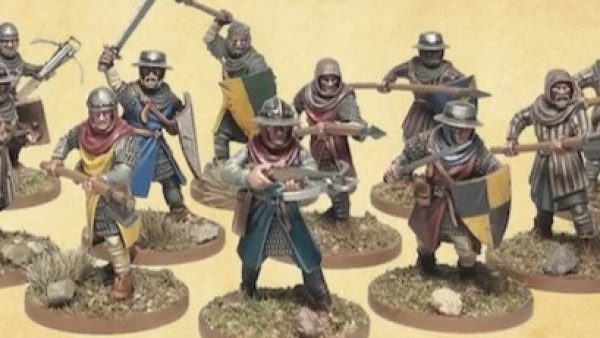
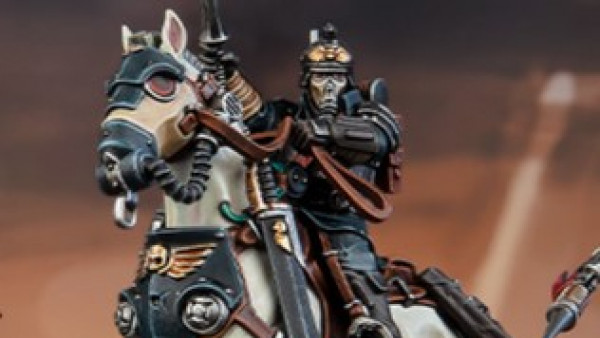
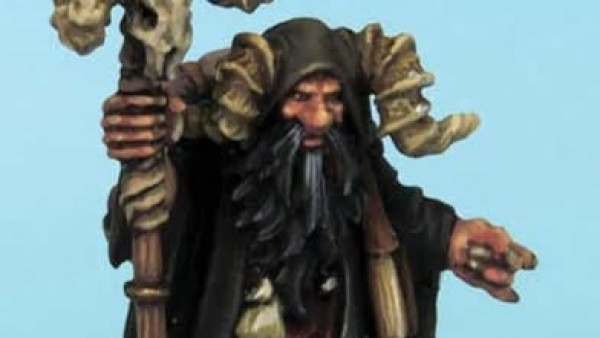
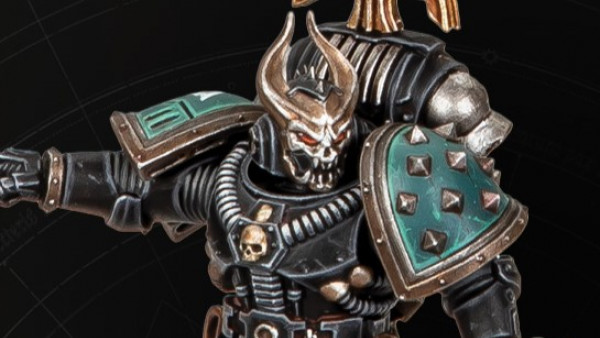
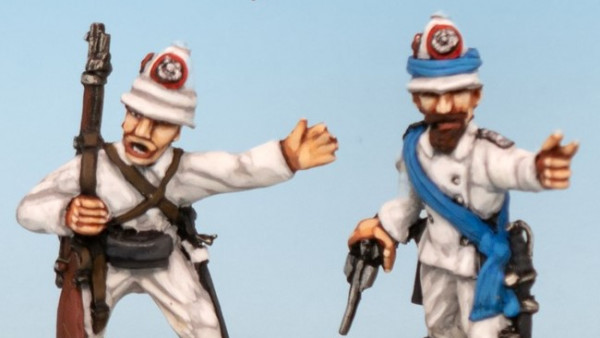
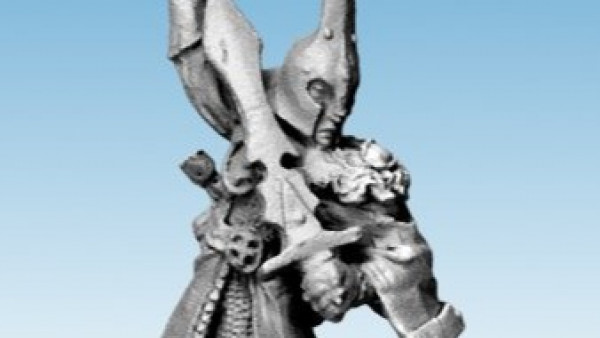
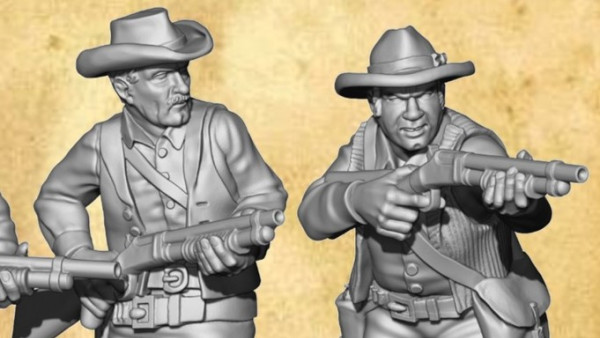


Intriguing, I really hope there is a part 3 in it.
I think there is a small but significant typo in the first date mentioned though.